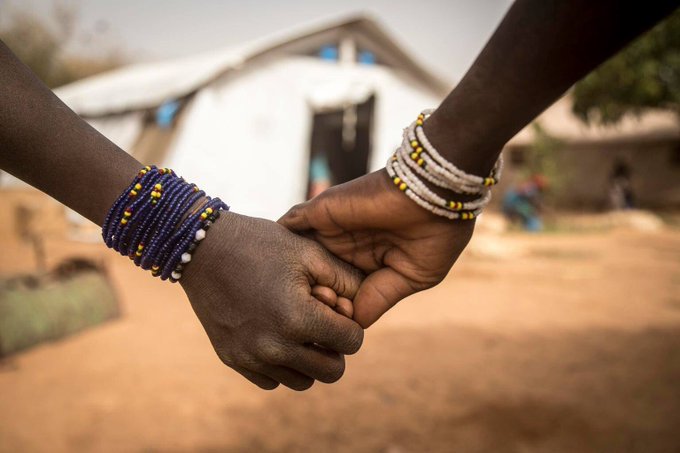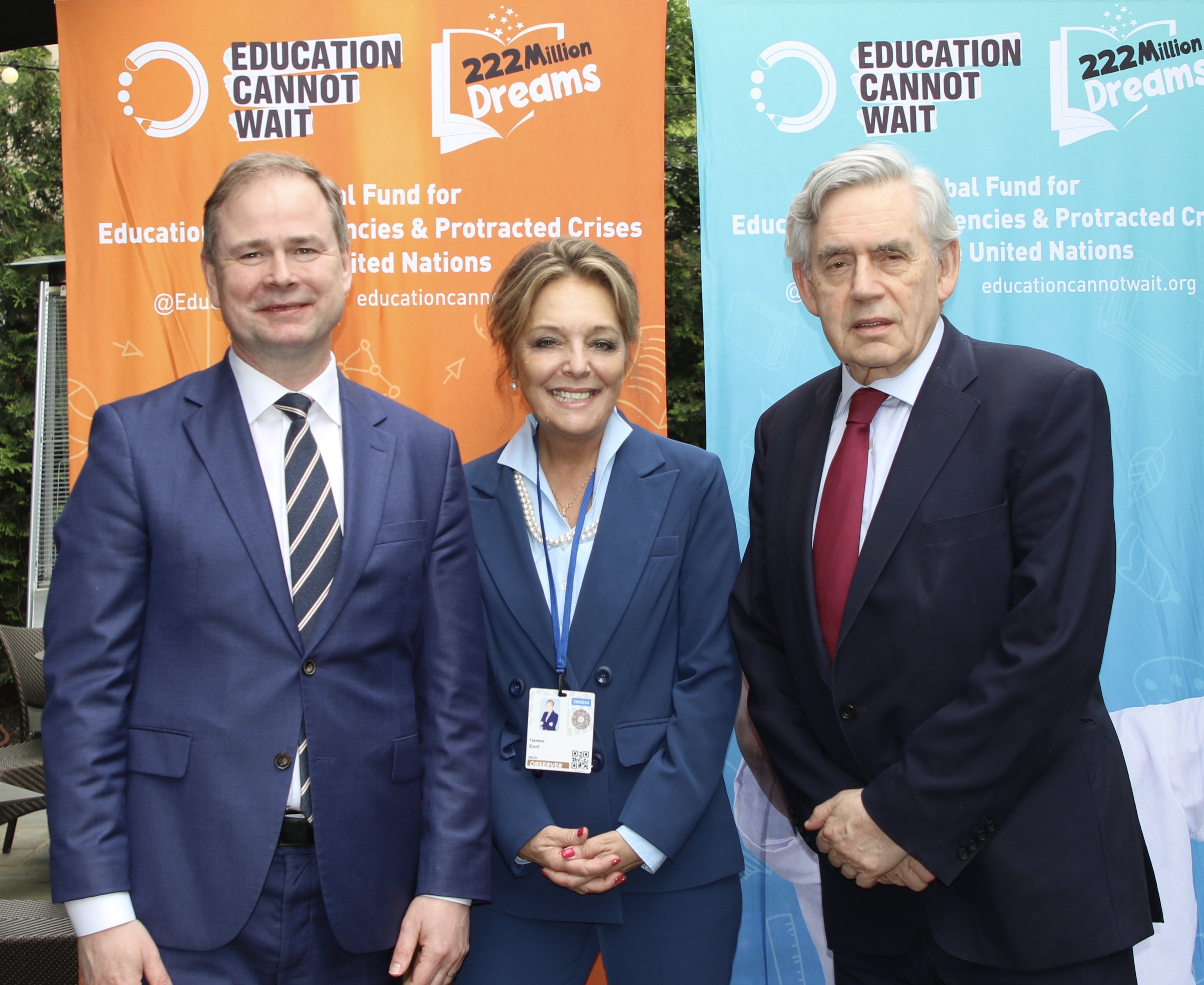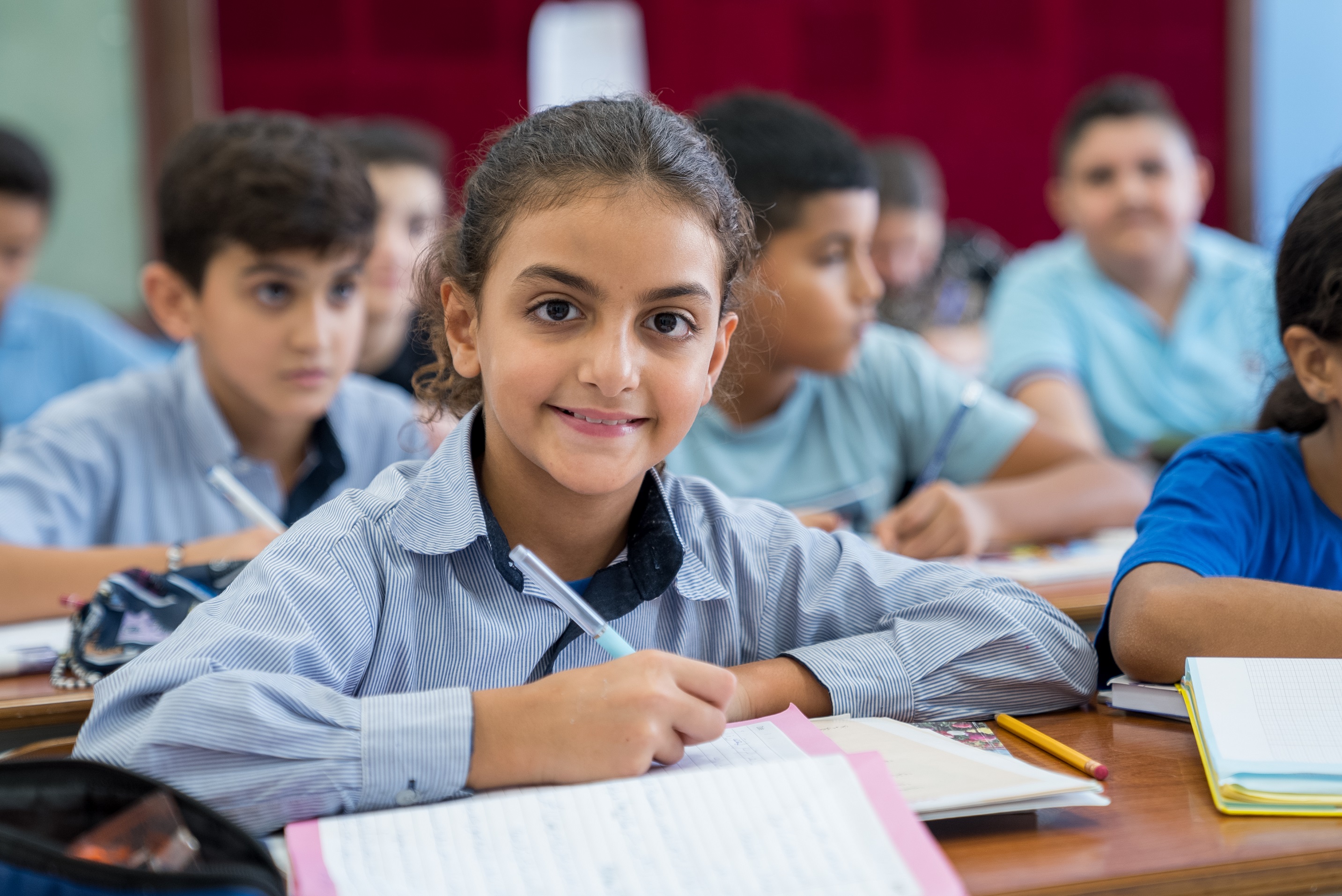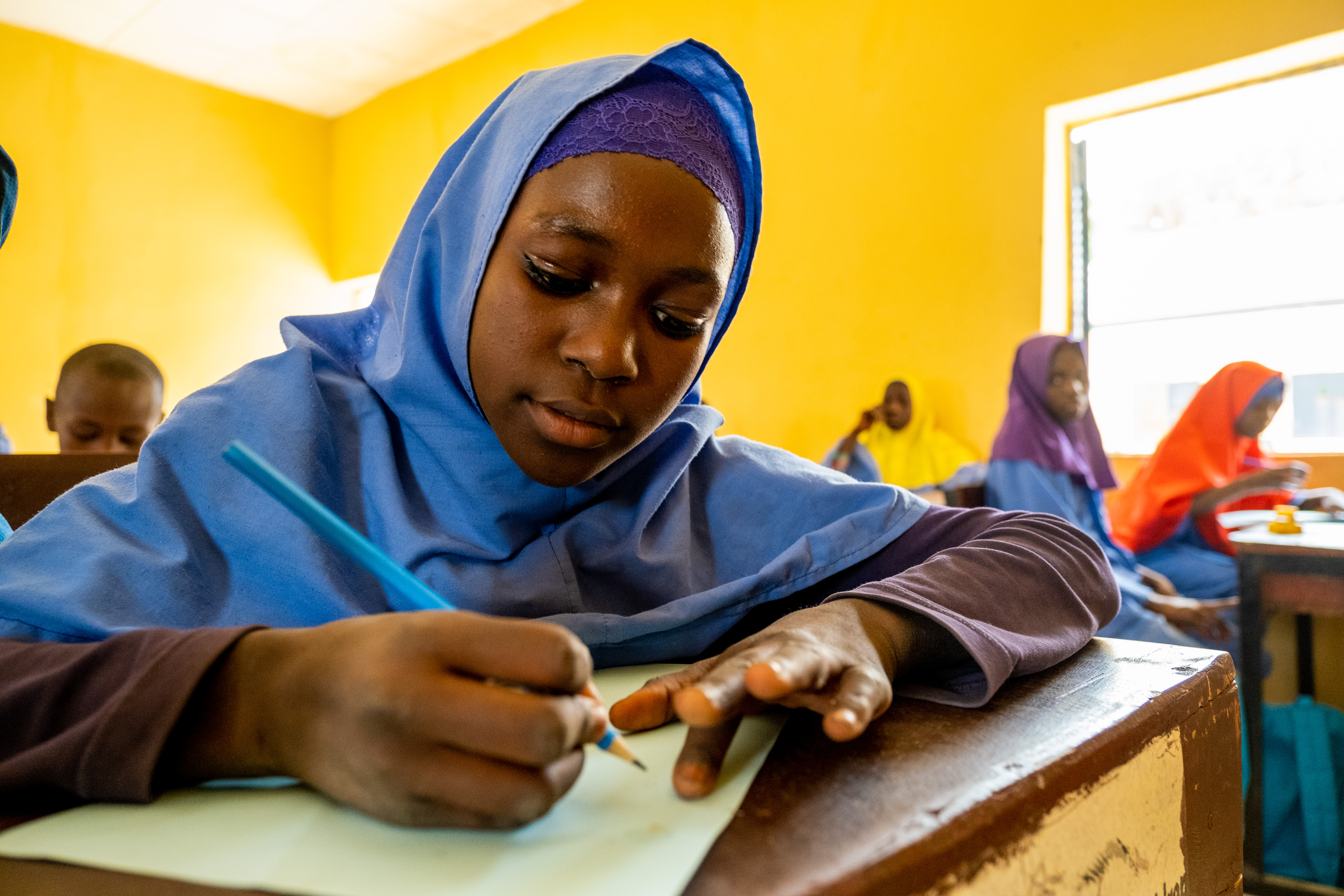Education Cannot Wait Scales Up Mental Health Services for Crisis-impacted Children and Youth

New US$300,000 ECW Acceleration Facility grant will be delivered by the Child Protection Area of Responsibility, focusing on creating new public goods to improve linkage between education in emergencies, mental health and child protection actors
To improve the linkage between child protection, education in emergencies, and mental health and psychosocial support services, Education Cannot Wait (ECW) announced today a US$299,600 grant to be delivered by the Child Protection Area of Responsibility (CP-AoR) of UNICEF’s Office of Emergency Programmes.
Through this 18-month ECW Acceleration Facility grant, CP-AoR and ECW will scale up child protection actors’ capacities to respond to children and adolescents’ mental health and psychosocial support needs, with a special focus on creating public goods that will promote holistic responses for girls and boys impacted by displacement and crisis.
The grant to CP-AoR will open new pathways by which child protection actors are better able to support education actors, schools, and teachers to appropriately respond to learners’ mental health and psychosocial needs. The outcome is that education actors will be better able to serve and refer students to the appropriate level of mental health services across all four levels of the IASC-MHPSS pyramid.
“Nearly all children and adolescents impacted by displacement, climate change-related disasters, armed conflicts and emergencies have gone through toxic stress and soul-shattering adversity. While the majority of these girls and boys are enormously resilient, what they have experienced may either make or break them. With good mental health services, we can empower them to process and channel their experiences through a quality education,” said Yasmine Sherif, Director of Education Cannot Wait, the United Nations global fund for education in emergencies. “Education actors must join forces with child protection to ensure that children who need mental health support receive the best possible support, which they need to learn, grow and thrive. They deserve no less.”
The initial investment will evaluate mental health and psychosocial support services for children at level four of the IASC-MHPSS pyramid across five countries. This top layer of the pyramid represents the specialized support required for the small percentage of the population who have severe mental health issues and who may have significant difficulties in basic daily functioning. It will also assess and address the capacity of local child protection and education actors to deliver mental health and psychosocial support services in four pilot countries.
“All children are exposed to threats during and after emergencies. Those who are out of school are at a much higher risk of violence, exploitation, abuse and neglect. This makes it imperative that the ‘child protection in emergencies’ and ‘education in emergencies’ sectors strengthen the way they work together in crisis, joining up with mental health and psychosocial actors to promote a well-coordinated, inter-sectoral process,” said Global CP AoR Coordinator Ron Pouwels. “Given these girls and boys have specific mental health needs, the new investment works to provide child protection actors with the necessary tools to ensure that children suffering from psychological distress receive the necessary support and reintegrate fully into school and society.”
For Press Inquiries:
Anouk Desgroseilliers:
adesgroseilliers@un-ecw.org
+1-917-640-6820
Kent Page:
kpage@unicef.org
+1-917-302-1735



